Genetics
-
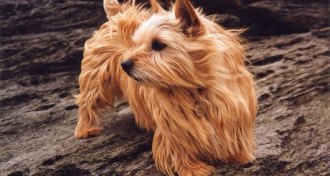 Animals
AnimalsSome dog breeds may have trouble breathing because of a mutated gene
Norwich terriers don’t have flat snouts, but can suffer the same wheezing as bulldogs. It turns out that a gene mutation tied to swelling could be to blame.
-
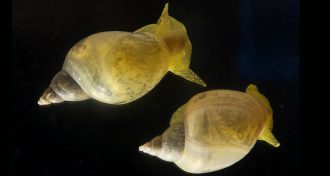 Genetics
GeneticsTweaking one gene with CRISPR switched the way a snail shell spirals
The first gene-edited snails confirm which gene is responsible for the direction of the shell’s spiral.
-
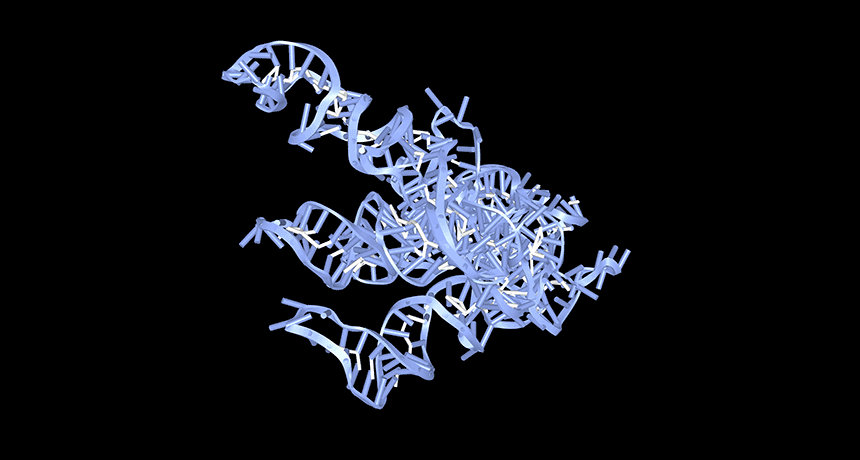 Genetics
GeneticsA lack of circular RNAs may trigger lupus
Researchers close in on how low levels of a kind of RNA may trigger lupus — offering hope for future treatments for the autoimmune disease.
-
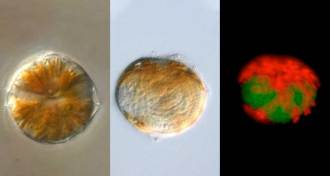 Genetics
GeneticsA marine parasite’s mitochondria lack DNA but still churn out energy
Missing mitochondrial DNA inside a parasitic marine microbe turned up inside the organism’s nucleus.
-
 Genetics
GeneticsA genetic scorecard could predict your risk of being obese
A genetic score predicts who is at risk of severe obesity, but experts say lifestyle matters more than genes.
-
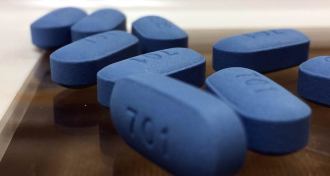 Genetics
GeneticsSome people may have genes that hamper a drug’s HIV protection
Newly discovered genetic variants could explain why an anti-HIV medication doesn’t protect everyone.
-
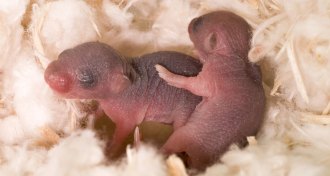 Genetics
GeneticsHow chemical exposure early in life is ‘like a ticking time bomb’
Some early life experiences can affect health, but only if unmasked by events in adulthood.
-
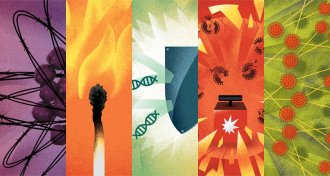 Genetics
GeneticsHere are 5 RNAs that are stepping out of DNA’s shadow
RNAs do a lot more than act as middlemen for protein building. Here are a few of the ways they affect your health and disease.
-
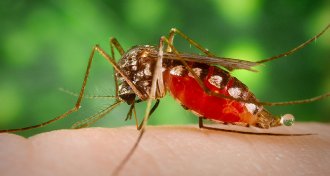 Health & Medicine
Health & MedicineTesting mosquito pee could help track the spread of diseases
A new way to monitor the viruses that wild mosquitoes are spreading passes its first outdoor test.
By Susan Milius -
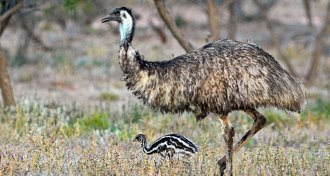 Life
LifeHow emus and ostriches lost the ability to fly
Changes in regulatory DNA, rather than mutations to genes themselves, grounded some birds, a study finds.
-
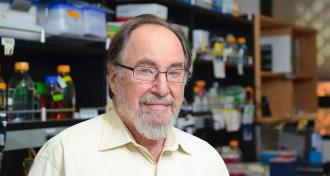 Genetics
GeneticsA Nobel Prize winner argues banning CRISPR babies won’t work
Human gene editing needs responsible regulation, but a ban isn’t the way to go, says Nobel laureate David Baltimore.
-
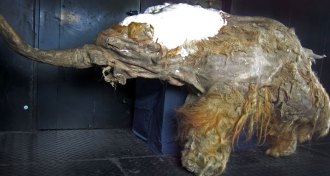 Genetics
GeneticsResurrecting woolly mammoth cells is hard to do
Japanese scientists say some proteins in frozen mammoth cells may still work after 28,000 years. But that activity may be more mouse than mammoth.